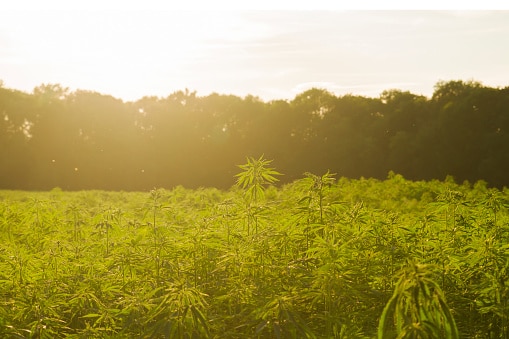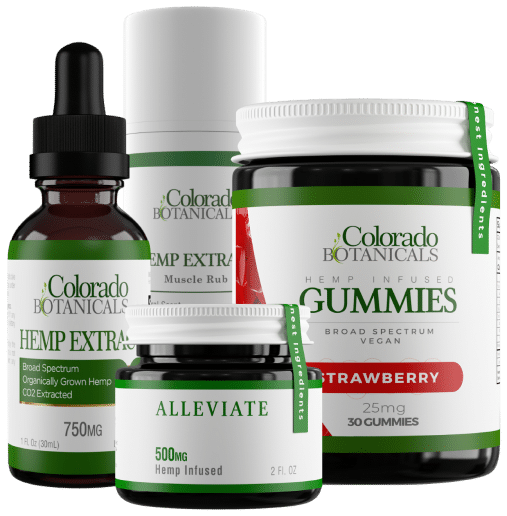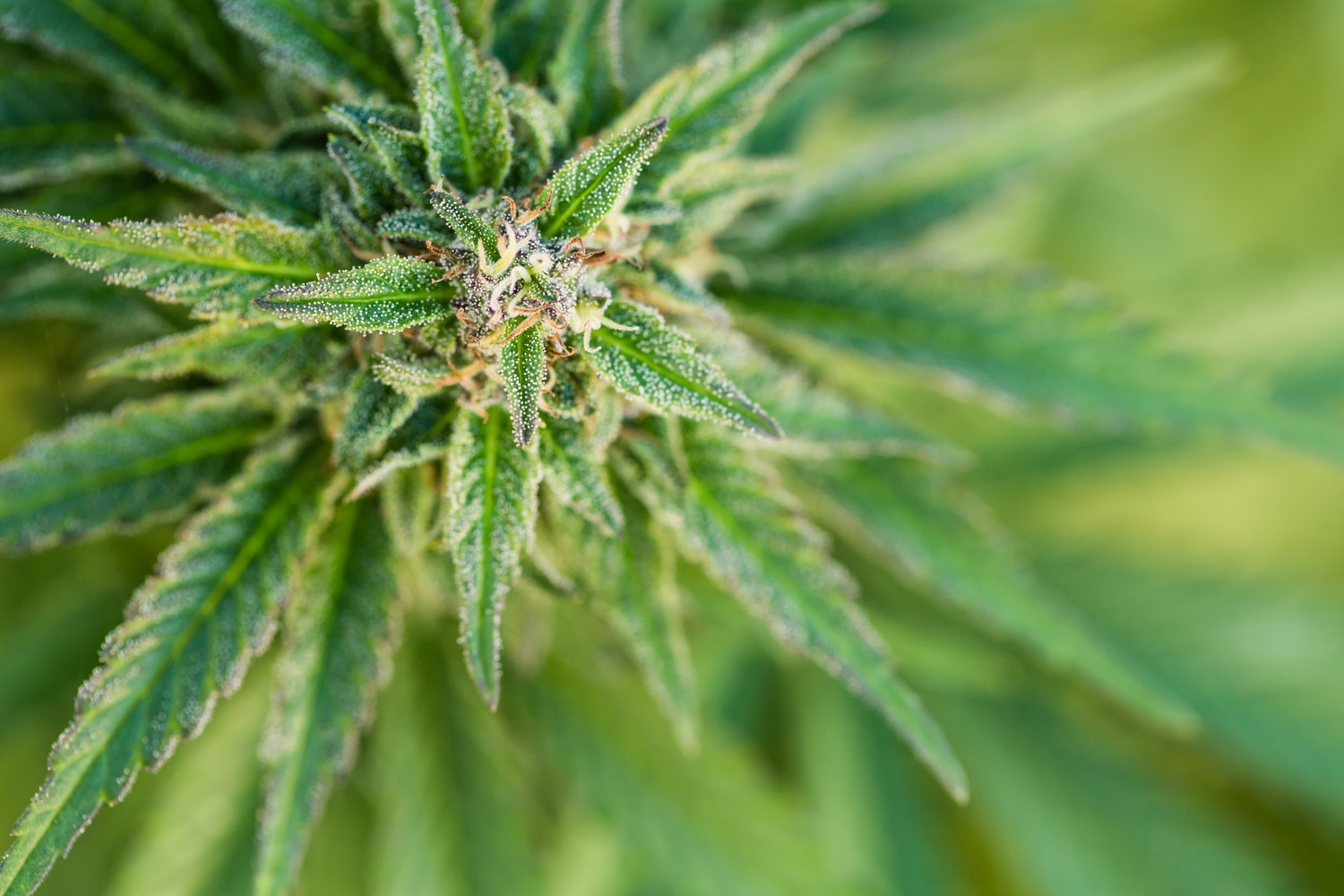
On December 12th, Congress passed the 2018 United States Farm Bill, a bill that contains an important section about legalizing hemp and CBD, which until now was considered a Schedule 1 controlled substance. President Trump is expected to sign the bill in the coming days. This comes after years of multiple attempts to legalize the hemp–a plant that was legal until 1970.
CBD has become a bipartisan issue as of late, with–surprisingly–Senate Majority Leader and Republican Mitch McConnell leading the charge on legislation legalizing hemp. In addition, large non-governmental groups and unions such as American Farm Bureau Federation, National Association of State Departments of Agriculture, National Farmers Union and Nation Conference of State Legislatures have lobbied to make hemp legal.
What does this mean for people in the industry?
For anyone working in the hemp industry, this is an exciting time. Interest in hemp and CBD is growing by leaps and bounds and this deregulation will help farmers and business owners prosper. The Brightfield Group, a market research firm specializing in cannabis and CBD, found that the U.S. market for CBD will grow exponentially, becoming a $20 billion market by 2022.
According to the Brookings Institute, a nonprofit public policy organization in Washington, DC, the 2018 Farm Bill “puts no restriction on the sale,transport, or possession of hemp-derived products, so long as those items are produced in a manner consistent with the law.” Key words here: consistent with the law. Meaning, there are still some regulations on how you can grow and sell hemp.
These regulations include:
- Hemp must contain 0.3%THC or less, otherwise it’s considered marijuana.
- Each state must devise a plan on how they will regulate hemp production and that must be approved by the Secretary of the USDA, otherwise the state must utilize the USDA’s regulatory program.
- Growers must obtain a license to grow hemp, otherwise they’re in violation of the law.
- Citizens with drug-related felonies cannot produce hemp for ten years after conviction.
- CBD products are only legal if they’re derived from legally produced industrial hemp that follows the guidelines of the Farm Bill.
- State-legal cannabis programs are still considered illegal, meaning if cannabis is legal in your state, it’s still illegal on the federal level.
So what does this mean for the future of hemp? First, it means that the country and our legislators are moving in the direction of understanding and respecting the benefits of hemp–and possibly cannabis in the future. Research remains an important aspect of hemp cultivation. Again the Brookings Institute: The 2018 Farm Bill “re-extends the protections for hemp research and conditions under which such research can and should be conducted.” In addition, hemp is used in a variety of products, including foods, fibers, building materials, plastics,paper, biofuels and more. Until now, companies had to import hemp to use in their manufacturing. Now they will be able to source from American companies, creating a win-win for the U.S.economy.
To conclude…
Before you get too excited, it’s important to remember: None of this goes into effect until your state and the Secretary of USDA confirm their joint hemp regulation plan. How long that will take remains a question. In addition, if you’re interested in getting involved in the hemp business, you must obtain a license. Otherwise, you are not operating legally. The best thing to do is stay on top of hemp, CBD, and Farm Bill news as it trickles in. The industry is constantly evolving, for the better, and you’ll want to be on the forefront of this remarkable change.









